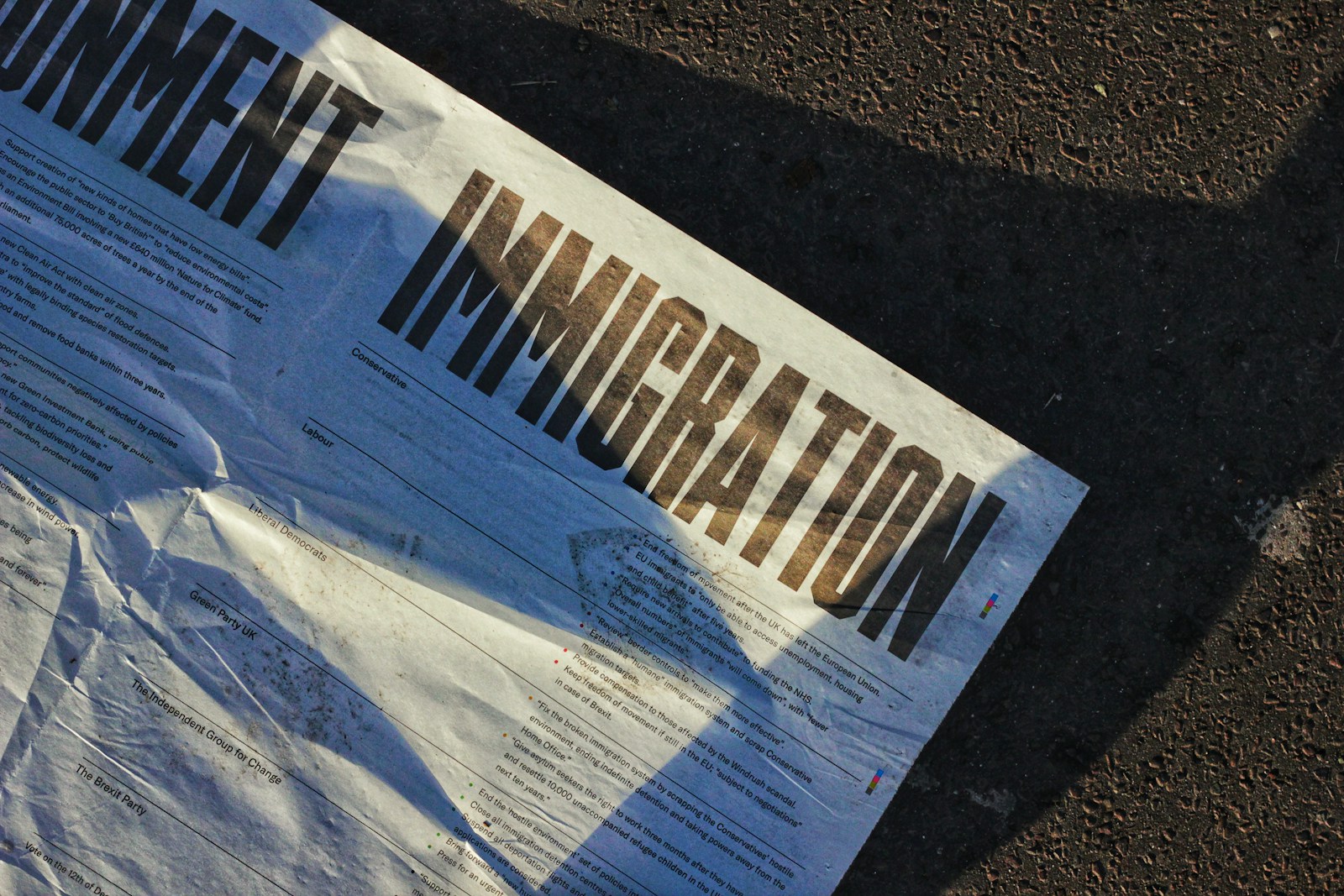Key Takeaways:
• Trump’s immigration policy clashes with his push for foreign investment.
• A recent raid on a Hyundai plant in Georgia arrested 475 workers.
• South Korean investors worry about harsh enforcement and mixed messages.
• Business leaders call for clearer visa paths for skilled workers.
• The split in GOP views makes fixing immigration policy tough.
TRUMP’S IMMIGRATION POLICY FACES A HARSH REALITY
Donald Trump wants to boost foreign investment in America. At the same time, he vows to deport immigrants by force. These two goals are bumping into each other. Recently, agents arrested 475 workers at a Hyundai plant in Georgia. Many of them were South Koreans sent to train American employees. This raid shocked investors and highlighted a big problem in Trump’s immigration policy.
First, companies sending experts to set up new factories fear they could face sudden arrests. They worry that staff who teach local workers might be rounded up. As a result, business leaders think twice before investing in the United States. Therefore, the very plan to use trade deals to bring factories here may backfire.
HOW TRUMP’S IMMIGRATION POLICY CUTS BOTH WAYS
On national television, NBC’s Christine Romans explained this clash. She said the administration wants aggressive enforcement. Yet it also tries to lure more factories into the U.S. However, when skilled employees get swept up in raids, confidence falls. Moreover, these mixed signals stick in the minds of foreign investors.
South Korea is America’s top investor. Its companies send engineers and trainers to new U.S. sites. They expect fair treatment under clear rules. Instead, they saw immigration officers swoop down on a plant they built. Consequently, they now describe the U.S. system as a “godawful mess.” They urge clearer visa rules for skilled workers.
Meanwhile, backers of strict immigration controls argue the opposite. They say skilled visas take jobs from Americans. As a result, they resist expanding visa pathways. This split view makes it hard to craft a consistent immigration policy.
WHAT BUSINESS LEADERS SAY
Overseas executives speak about three main concerns:
• Sudden raids disrupt operations.
• Unclear visa paths hurt project planning.
• Public image of harsh enforcement scares partners.
For example, a manager at a Korean auto supplier said he paused plans to expand. He feared local agents might arrest his specialists at any time. In addition, his American partners felt uneasy about training programs. They worried that trainers would vanish overnight.
Moreover, investors want predictable rules. They want to know how long visas last, who qualifies, and what to do in emergencies. Right now, they see a patchwork of shifting regulations. Thus, they question whether the U.S. remains a safe place for investment.
POLITICAL TENSION OVER IMMIGRATION POLICY
Inside the U.S., opinions split sharply. On one side, many Republicans and MAGA supporters push for zero tolerance. They demand stronger borders and swift deportations. They worry any leniency invites illegal entries. On the other side, trade hawks and business Republicans seek skilled workers. They view them as vital for innovation and job growth.
Consequently, the administration faces two opposing camps. Neither group wants to yield. Therefore, policy debates grow louder and solutions stall. In turn, foreign investors watch and wonder if the U.S. can ever agree on fair, stable rules.
LOOKING AHEAD: WHAT THIS MEANS FOR AMERICA
If this clash continues, America may lose ground. Other countries might attract the factories and talent we reject. As a result, job creation and economic growth could slow. Meanwhile, migrant communities live in fear of raids. They wonder if they can trust promises of due process.
However, there is hope for compromise. Lawmakers could craft a new visa program for skilled trainers. They might set clear guidelines for enforcement at work sites. Also, they could separate immigration raids from trade initiatives. In that way, they protect workers without scaring away investors.
Ultimately, fixing the immigration policy mess demands political courage. Leaders must balance border security with economic needs. They need to talk to business groups, immigrant advocates, and communities. Therefore, they can restore confidence at home and abroad.
Frequently Asked Questions
What triggered the concern among foreign investors?
A recent raid on a Hyundai plant arrested hundreds of skilled workers. This surprise action made investors worry about stability.
Why do business leaders want better visa pathways?
They need clear rules for bringing experts here. Predictable visa terms help them plan projects and train local staff.
How does this conflict affect job growth in the U.S.?
If factories avoid the U.S., fewer jobs get made here. Strong enforcement without skilled visas can slow economic expansion.
What might change to ease the tension?
Policymakers could create a separate visa program for essential workers. They could also limit workplace raids to serious cases. This approach might reassure investors and protect jobs.
